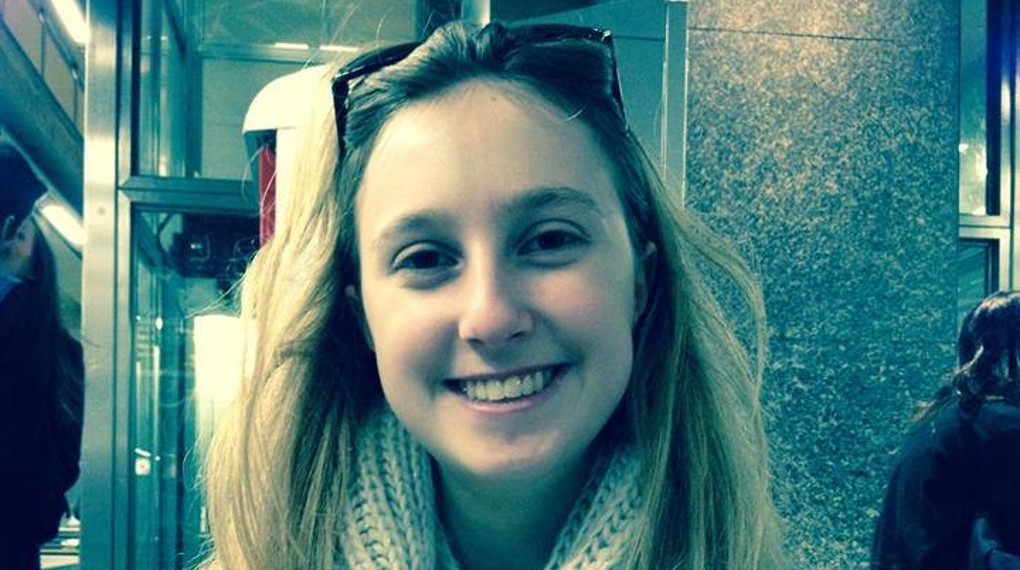With regional and nationwide elections just days away, women candidates and party workers have been speaking of the reception they are being given on the doorstep of potential voters. A study carried out by the High Council for Gender Equality showed that 78% of women, in general, have been the victim of intimidation online, with 18% suffering real-life consequences.
For political candidates, the abuse finds an open target. “From behind a screen or an anonymous account, they dare to go a lot further,” said Margaux De Ré, a candidate for Ecolo in Brussels.
For candidates and party workers who are out campaigning; meanwhile, the abuse is not only online; the anonymity of the internet shows signs of leaching out into real-world relations.
“I was insulted. That was pretty tough, psychologically,” said 23-year-old Ariane de Lobkowicz d’Ursel (photo), candidate for Défi in Brussels. “It happens to everyone, but we’re not all the same. Some people are stronger, and others like me are more sensitive.”
“I was insulted. That was pretty tough, psychologically,” said 23-year-old Ariane de Lobkowicz d’Ursel (photo), candidate for Défi in Brussels. “It happens to everyone, but we’re not all the same. Some people are stronger, and others like me are more sensitive.”
But while the problems remain on the doorstep, online is the most significant danger for female candidates.
“It’s often occurred to me that tongues are looser on Twitter, but I never really realised how much until I became involved in politics,” said De Ré. “It’s horrifying. There’s a very common form of cyber-sexism that would have you believe that when a woman speaks, it’s necessarily stupid, false or based on nothing. It’s as if they want to silence our voice.”
And it doesn’t stop at attacks on one’s politics. “Some men send me intimate photos, and one even suggested a visit to a nudist spa with him,” said Laura Lita, standing for MR in Brussels. “And people tell me I’m over-reacting!”
“It takes courage to get into politics, but even more when you’re a young woman,” said Sophie Rohonyi, standing for Défi. “In the beginning, I had a hard time because I couldn’t understand why this was happening to me. In the end, I realised it’s not my fault. I don’t have the energy to react to the insults I get about who I am, my age, my origins or my body.”
Alan Hope
The Brussels Times
The Brussels Times

